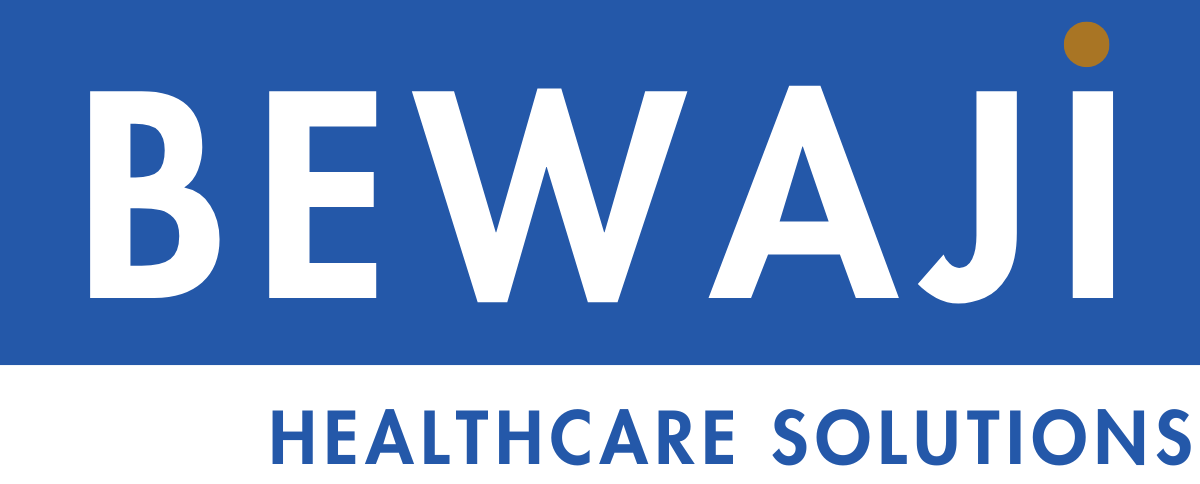In my interactions with healthcare professionals, a recurrent theme surfaces: the quest to master written expression, to share knowledge, and to lead thought in a domain replete with innovation. Herein lies the untapped potential of artificial intelligence (AI)—not as a usurper of creativity, but as an ally in the articulation of expertise.
The AI Writing Assistant: A Co-Author or a Crutch?
AI’s intrusion into the writing process has been met with both awe and suspicion. As I’ve observed, students and professionals alike are increasingly reliant on AI for that crucial nudge over writer’s block. Tools that suggest edits, correct grammatical errors, and propose style improvements are becoming indispensable. They dissect language patterns and grammar with surgical precision, honing the writer’s raw thoughts into refined streams of clarity.
Virtual Tutors in Essay Craft
Imagine a world where the red pen is wielded not by the weary hand of an overburdened teacher but by an ever-vigilant AI. Students are now shepherded by virtual writing assistants that provide a level of personalized instruction once thought unimaginable. These digital mentors ensure the coherence and clarity of arguments, elevating the quality of academic writing and, more importantly, empowering young minds to improve organically.
The Genesis of Content: AI as the Muse
Take, for example, the GPT-3 model. It’s not merely a tool; it’s a catalyst in the creative process, offering ideas, outlines, and drafts. For the healthcare professional seeking to share insights or breakthroughs, AI models like these can be a springboard for thought leadership, providing the initial structure upon which complex medical arguments can be built.
The Professional’s New Aide
Professionals, too, are finding an ally in AI. It streamlines content creation, assists in research, and even identifies sources—a virtual aide-de-camp in the battle against time and deadlines. For those in healthcare, AI’s ability to navigate academic databases transforms the daunting task of research into a more manageable endeavor, ensuring that the resulting essays and articles are not only informative but authoritative.
Navigating the Ethical Maze

But this new horizon is not without its shadows. The question looms: Will AI erode the very creativity it seeks to support? I find myself pondering the ethical implications of AI-generated content. Who is the true author? Moreover, can AI truly grasp the nuances of context, tone, and intent? These are not idle questions but challenges that developers must address as AI writing tools evolve.
AI’s Role in the Essayist’s Journey

As with any paradigm shift, AI’s integration into essay writing is profound. For healthcare professionals, it offers a unique opportunity to refine skills and contribute to vital conversations. Yet, it is imperative that we remain vigilant, ensuring that these tools serve to amplify human intellect and creativity, not diminish them.
In conclusion, as AI becomes more entrenched in our writing practices, its value, particularly in fields that require the dissemination of complex knowledge like healthcare, cannot be overstated. But let us proceed with caution, mindful of the need to preserve the essence of human expression.

